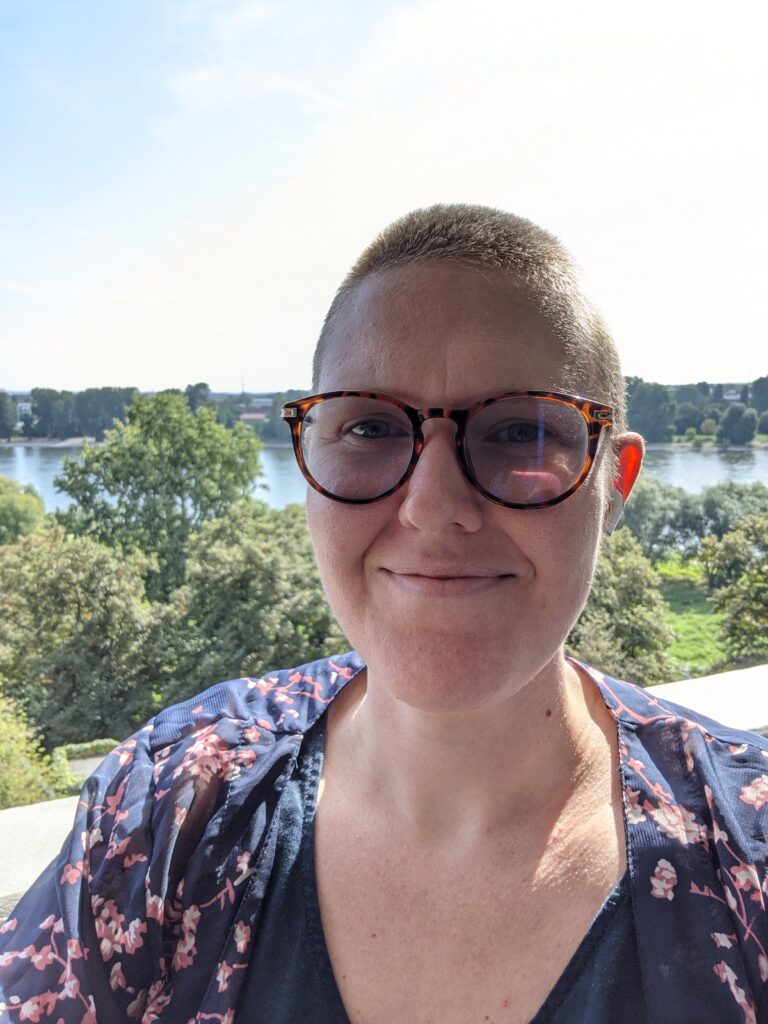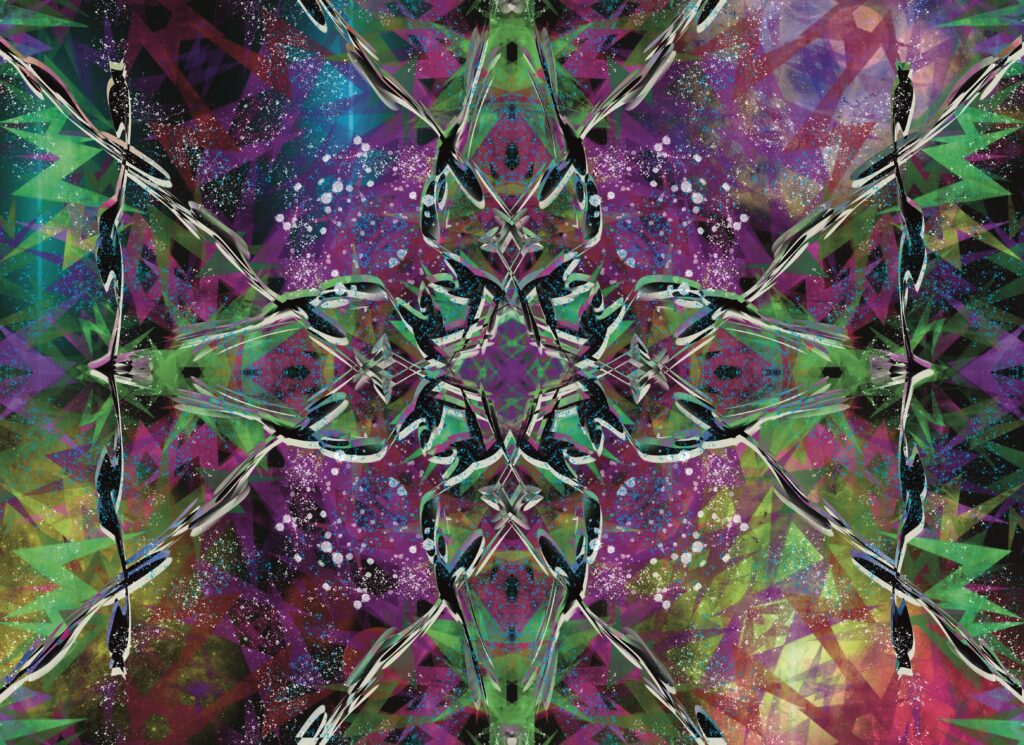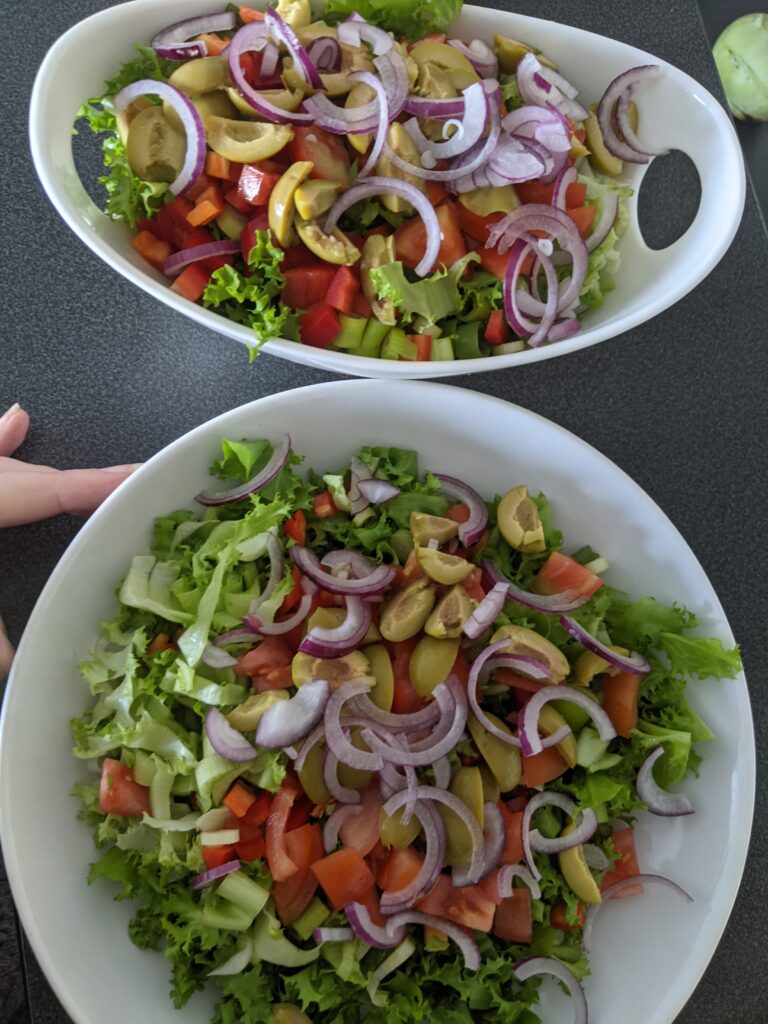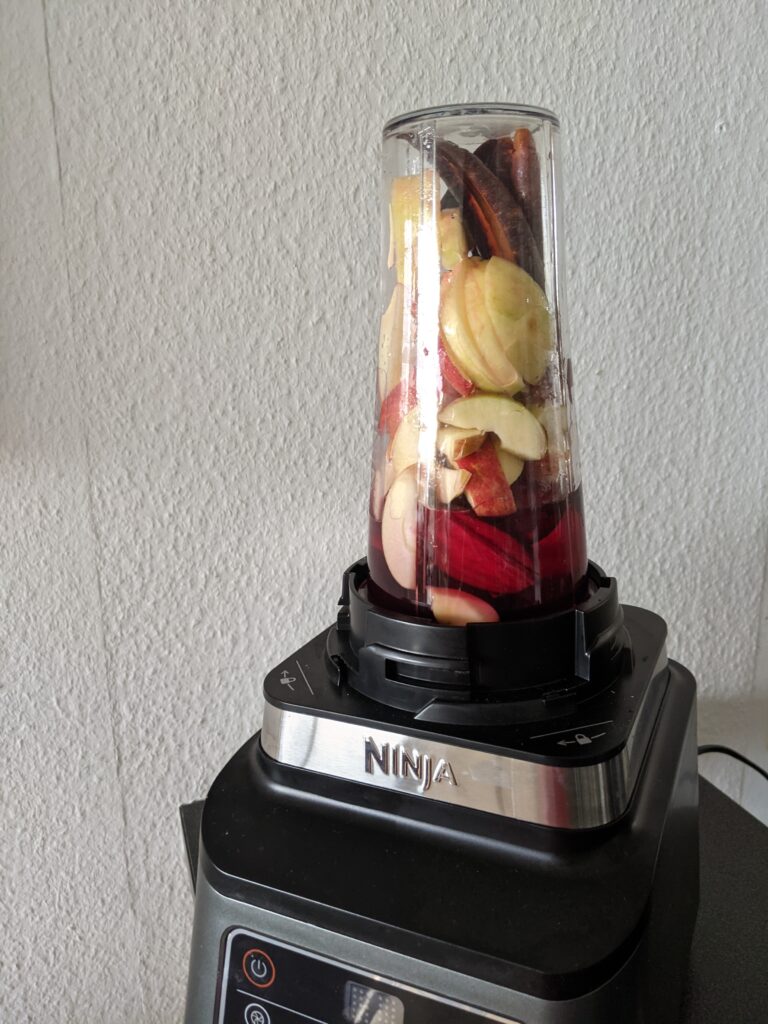There is a long answer and a short answer to the question, “Is Narcolepsy treatable without medication”? The short answer is that yes, it can be treated in many ways without medicine. However, this depends on the results you are looking for. There may be multiple different “treatments” you will want to combine to get the desired results. Even if you do take medication for narcolepsy, you can combine that with additional treatments so you get the best results possible.
One of the biggest problems I see is the idea that throwing medications at a diagnosis will suddenly improve the condition. In my mind, that is like looking at a raging fire, and then pulling some chemicals out of a bucket and throwing it on the fire to see what happens, hoping and wishing for the right combination of chemicals to extinguish the flames. A diagnosis like narcolepsy is not as simple as diagnosing an infection, culturing the bacteria, and choosing the best antibiotic to go after it. There are so many different nuances that go into most chronic diagnoses. To me it is logical that there isn’t one pill that could go after the variety of symptoms.
What Do We Do Then?
So if the medicine isn’t the answer to feeling better, what is? It seems counterintuitive, but I believe it’s through listening to those symptoms. Whether it’s a headache, a skin rash, muscle weakness, or a wave of sleepiness, I believe these symptoms are messages from our body communicating with us.
Think about what happens when you touch a hot stove. Your skin touches the surface and immediately you pull back because your body sends you a clear message. That message is pain. You hear that message loud and clear and you stop touching the surface.
Imagine you are getting a blister on your heel. You can feel with each step how your shoe is rubbing your foot. You know that pain is sending you a message. It’s saying, this shoe is too tight! Sometimes you listen to it, you take off the shoe, and within a day or two, the message fades. If the pain goes away quickly, in a week or two, you may put those shoes on again. This time when you wear them, the pain may feel amplified. It’s like your body is screaming at you, your feet are screaming at you. So what are you going to do? Take some medicine to make them stop hurting? Or remove the source of your pain?
How Did I Actually Apply This?
If we transfer that mentality over to other illnesses like narcolepsy, we have to ask where the variety of symptoms are coming from and what is causing them. If you think about how narcolepsy is defined and diagnosed, it makes complete sense that there won’t be one medication that treats all the symptoms. They are so varied. And this applies to many different chronic illnesses or disorders that doctors say cannot be healed.
Let’s break down where each of my narcolepsy symptoms came from one at a time.
Cataplexy
Cataplexy is a sudden muscle weakness that occurs while a person is awake. In my case, I believe cataplexy was coming from my inability to stay present in my body when I experienced emotions.
I was so uncomfortable when I felt things like fear or anticipation, that my energy, my spirit, would quickly pop out of my body. This left me with weak hands, and wobbly knees. Over time it created an overwhelming distrust of my body that only made the situation worse. I was able to overcome it slowly. First I did (and still do) a lot of grounding work. I also went to coaching to rebuild trust between me and this meat suit of a body that I live in/am.
Extreme fatigue
Extreme fatigue was a combination of physical and emotional triggers. Fatigue was my most severe symptom. It prevented me from staying awake even doing things I love. I struggled to read a book, or even talk to friends without my eyelids drooping. And it started when I was in elementary school.
I believe there were a variety of factors. First of all, my diet was terrible.
Physical Fatigue
The fuel I put in my body directly affects the quality of energy I get out of it. Growing up with 8 siblings, we ate a lot of processed foods. In addition, I was a vegetarian that mostly lived on peanut butter and jelly so it makes sense I didn’t have a lot of energy. As an adult, I have been on quite the journey with food over the past 7 years. I have gone from the ketogenic diet, to intuitive eating, to something in-between.
Emotional Fatigue
I have done a lot of work on clearing out stuck emotions and improving my emotional intelligence to feel less fatigue. Currently, when I experience fatigue, I believe it’s the result of me spending energy on things that are not in alignment with my purpose.
I was working hard to make sure I keep everyone around me happy. I also didn’t know how to manage my own energetic boundaries, and I took on a lot of other people’s emotions. It was exhausting to wade through.
I realized that the way to enjoy my life more was to stop numbing those awful emotions I felt. Once I did, I could also experience more joy, love, and happiness in my life. I started to see what I was here for, and I finally believed I had a purpose on Earth. It took me a long time to develop and nurture this sense of belonging, and belief in myself. I had spent so many years avoiding my emotions. I had to reprogram in my mind that it was okay to feel things that weren’t “positive”. But now that I can (sometimes) accept the full range of emotions, I am often energized by the connections I make and the experiences I have!
Nightmares and Hypnogogic and Hypnopompic Hallucinations
These are a little bit harder to explain, but I will say I no longer experience them. While scientifically we don’t have a clear indication of what causes these, there are some interesting theories.
I believe that some of my nightmares are simply lucid dreams. I have learned to have some control over these by learning about the lucid dreaming process. You can read more about that in this article, “How Lucid Dreaming Helps me Cope with Chronic Illness.”
However, since I wrote that piece my beliefs have continued to evolve. Some of these experiences seem to be connected with my energetic boundaries. I believe that I am very open to outside energy, whether you call me an Empath or Highly Sensitive Person, or something else, it all points to the same issue. When I was not able to protect my energy, I was often absorbing lower vibrations.
I also believe I naturally astral project, which is like visiting other dimensions. This isn’t the place for details here, but feel free to reach out if you want to know more about it. I learned to set boundaries about when and where I was willing to travel and when I wanted to just enjoy productive sleep and that has made a huge difference for me.
Thoughts and Beliefs About My Abilities
I recently read about a study that was designed to test how people’s beliefs about their sleep affects how they feel during the day. They did their control tests and then wired people up for a sleep study before bed, and in the morning, randomly assigned subjects to two groups. One group was informed they had slept well, the other group they told their sleep was awful. The researchers didn’t actually collect data on sleep, it was just a random experiment. Then they put the people through the physical tests again, and low and behold, those that BELIEVED they had terrible sleep performed terribly.
This is why I feel like being diagnosed with narcolepsy can be a double-edged sword. Of course, the diagnosis gives us access to medical care we wouldn’t otherwise have available. But if it also makes us believe we are incapable of productive sleep, is it really worth it?
Although narcolepsy is an “incurable” condition, I like to believe that I have cured narcolepsy for myself at least. I sleep well at night, and the other symptoms have all been managed with my various techniques. I had to choose to believe this was possible despite not having any evidence to support it. I chose to believe I could improve my sleep and wakefulness even though the “experts” said it was not possible.
I decided it was better to have beliefs that serve me than to accept what is “truth” in the medical world. If you are interested in changing your beliefs about your diagnosis and seeing what is possible for you, send me a message or leave a comment below. I would love to talk to you!
Conclusion
So as you can see, I don’t have a one size fits all treatment for narcolepsy. But I do believe it is possible for all of us to have a better quality of life if we are willing to shift our perspectives and try a few different things out. Layering different treatments together seems to produce the best results. If you are looking for some more ideas of what to try, check out my resources on natural narcolepsy treatments!




